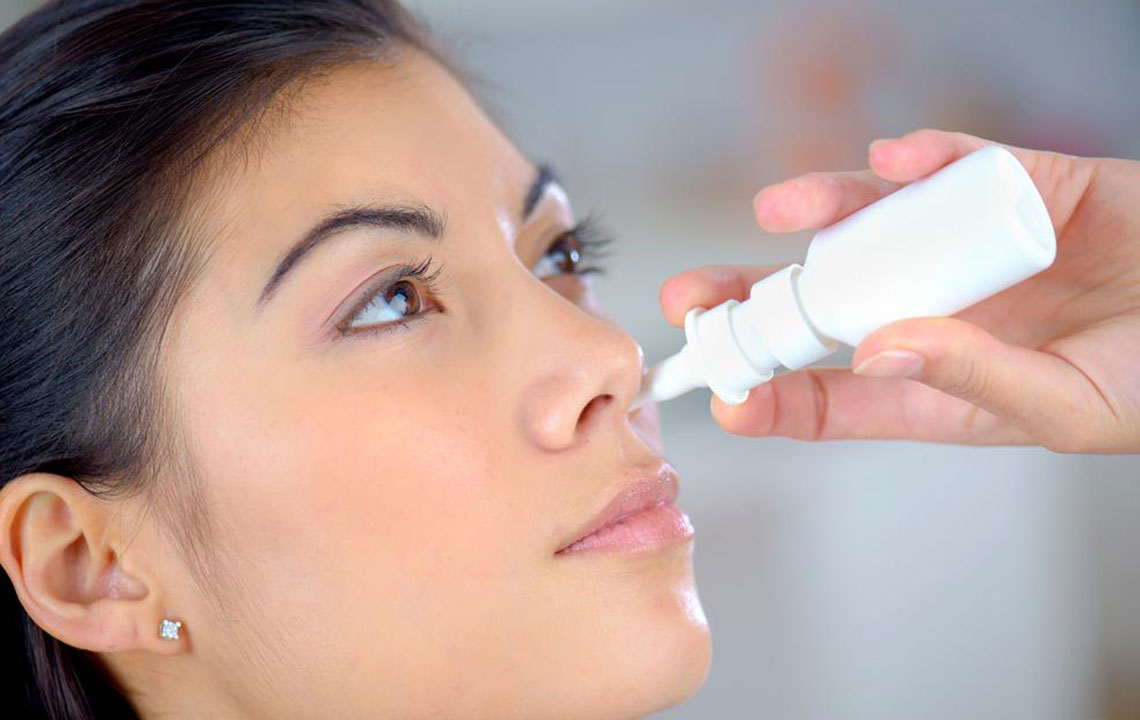Effective Approaches to Using Nasal Allergy Sprays Safely
This article presents safe and effective strategies for using nasal allergy sprays, including types, proper application, and safety tips. It emphasizes consulting healthcare providers to prevent adverse effects and maximize allergy relief, covering decongestants, antihistamines, corticosteroids, and other nasal treatments. The guide helps allergy sufferers understand how to use these sprays safely and effectively for symptom relief.

Effective Approaches to Using Nasal Allergy Sprays Safely
Nasal sprays are widely used to ease allergy-related nasal issues, providing rapid relief. They are available OTC, but consulting a healthcare professional beforehand helps prevent possible side effects.
Varieties include decongestants, antihistamines, and corticosteroids, each targeting specific allergy symptoms. Correct application and awareness of potential adverse effects are essential for safe and effective treatment.
Decongestant sprays such as Sinex, Afrin, and Dristan help shrink nasal swelling by constricting blood vessels. Usage should be limited to about three days to avoid rebound congestion or infections. Those with high blood pressure or glaucoma should seek medical advice before use.
Antihistamine nasal sprays like Patanase and Astepro effectively treat sneezing, runny nose, and congestion. They may cause drowsiness, but generally less than oral antihistamines, and must be used under medical guidance.
Corticosteroid sprays such as Nasonex, Flonase, and Zetonna help reduce nasal swelling and improve airflow, especially for severe allergies. These require regular use over days to weeks and might cause side effects like headaches or nasal irritation.
Nasal cromolyn (Cromolyn) prevents histamine release, offering quick relief sometimes within 30 minutes. Best used 5-7 days before allergy triggers, ideal for allergy-prone individuals. Side effects include nasal burning or sneezing.
Prescription-only Atrovent nasal spray decreases mucus production, effective for certain allergic rhinitis cases. Not suitable for individuals with glaucoma or prostate issues and may cause headaches or nasal discomfort.
Always consult a healthcare professional before starting any nasal spray or medication, as self-medication can lead to complications.


